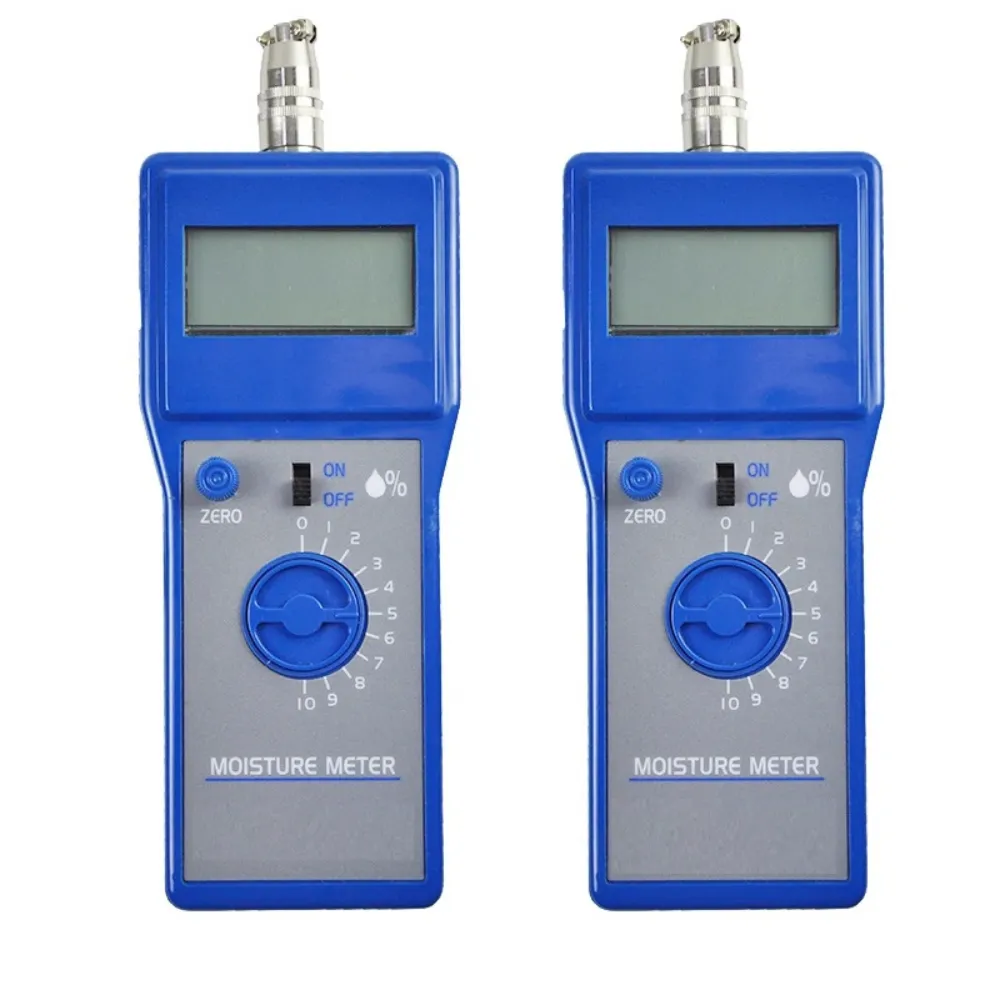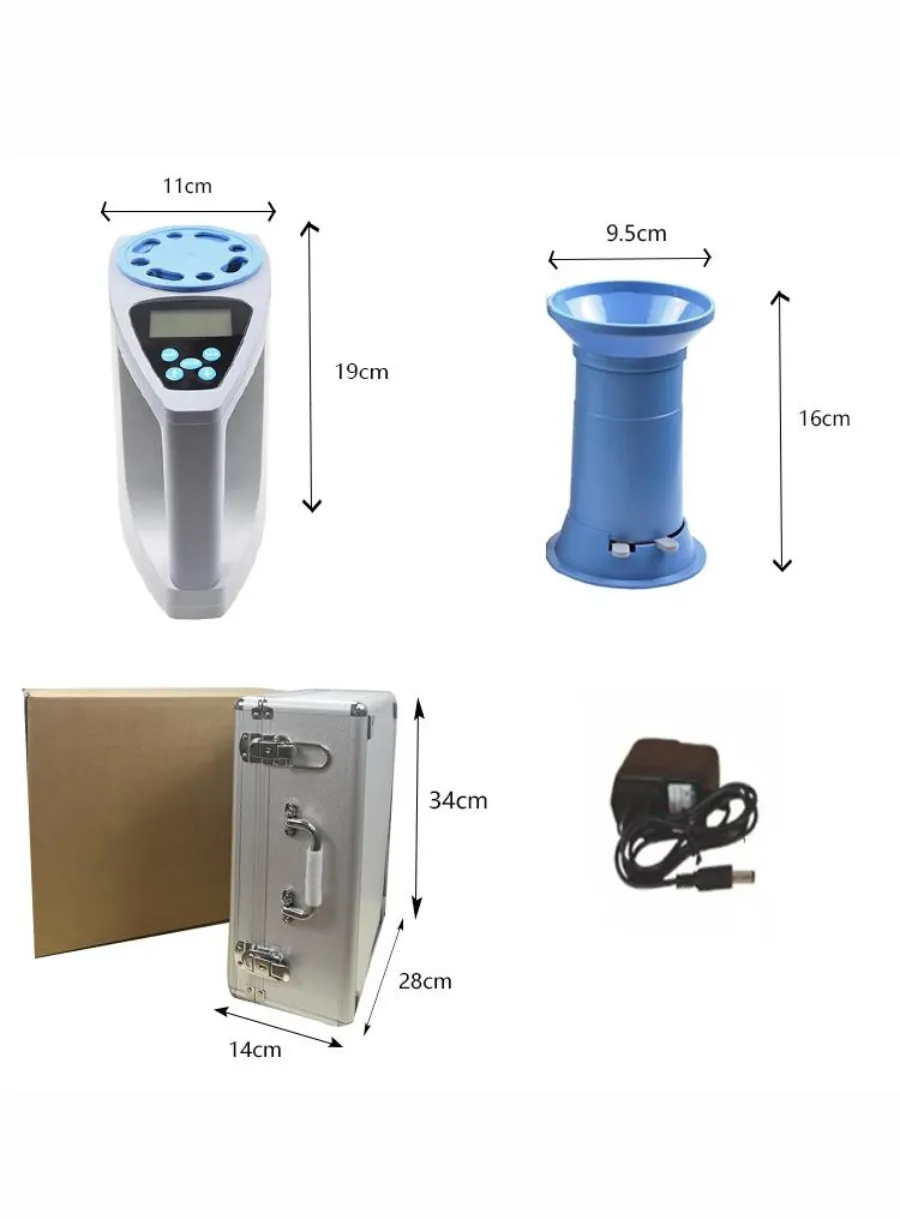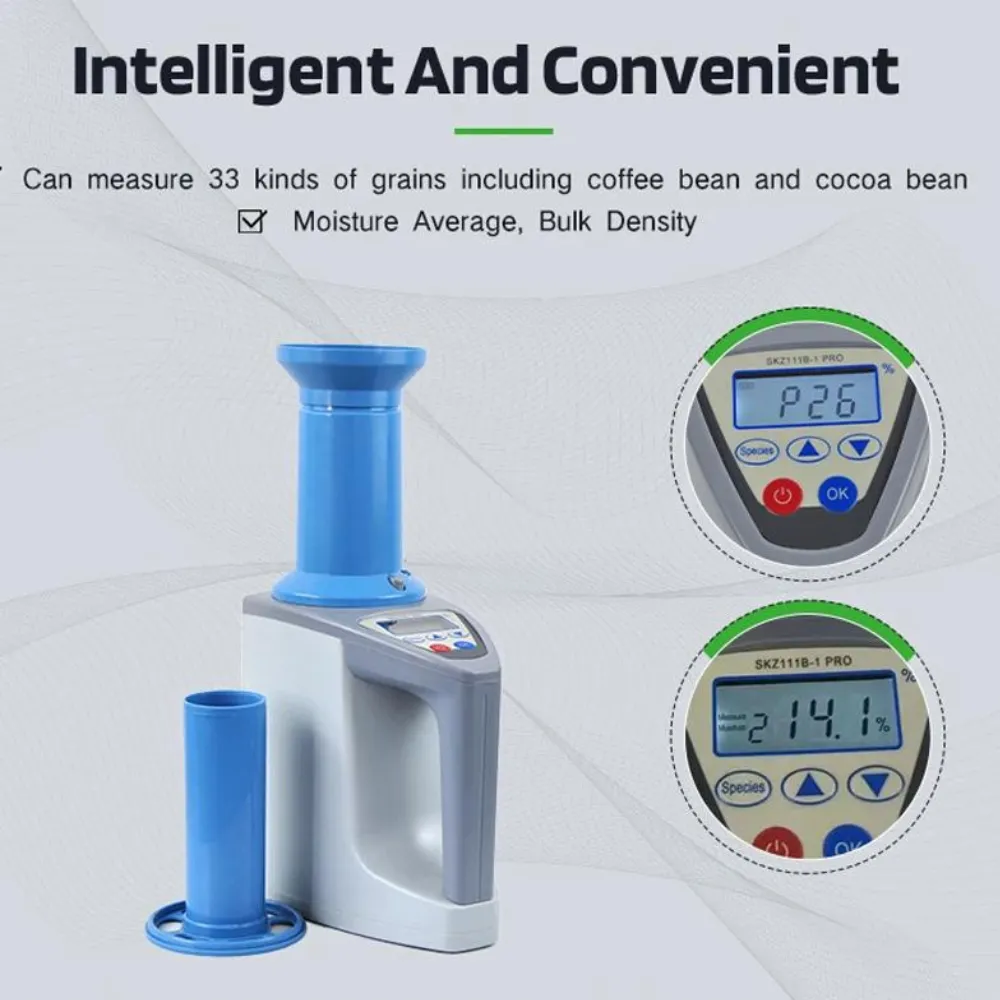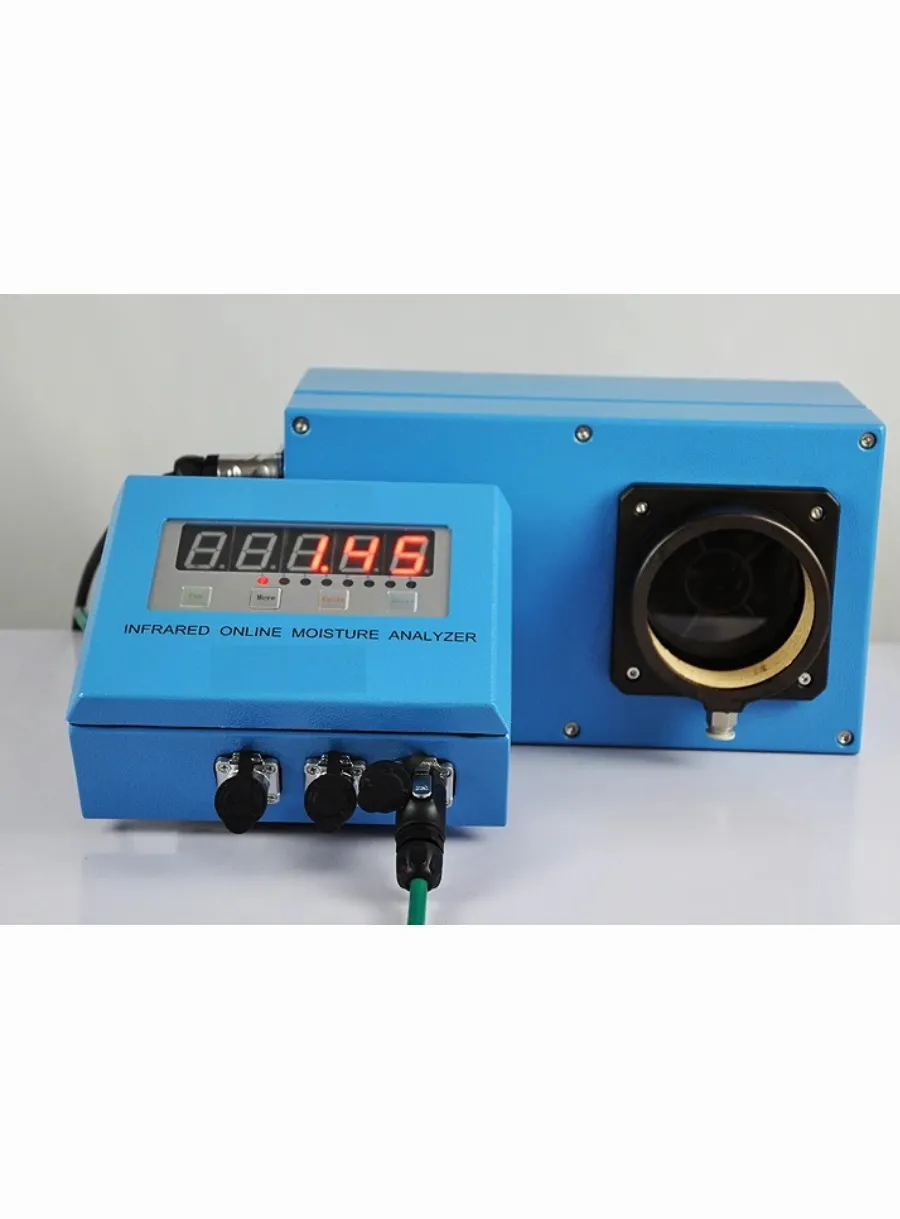
Environmental Benefits of Coffee Moisture Meters
Table of Contents
One of the significant advantages of planting shade trees within coffee farms is their ability to stabilize soil properties. The roots of these trees help to stabilize the soil, preventing erosion and enhancing its structure. Moreover, these roots harbor micro-organisms that keep the soil fertile and provide essential nutrients to coffee plants. Additionally, the leaves of these trees can be used as organic green compost, further enriching the soil.

Effective water management practices are crucial in coffee farming, especially in regions prone to precipitation extremes. Improving water use efficiency and reducing water erosion and runoff can lead to better water availability for plants and reduced nutrient loss. This is particularly important in maintaining the viability of coffee farming in areas with increased drought frequency. Furthermore, the introduction of wastewater treatment in the wet processing of coffee beans can significantly reduce greenhouse gas emissions. Improved water quality is achieved by minimizing erosion, protecting natural habitats, and reducing the need for agrochemicals, which mitigates the leaching of harmful substances.
Waste Reduction and Circular Economy
The coffee industry generates a substantial amount of waste, but there are increasing efforts to repurpose this waste into valuable products. Initiatives such as turning coffee byproducts into biodegradable packaging, natural fertilizers, and skincare items are not only environmentally beneficial but also economically advantageous. These practices can stimulate local economies by creating jobs and fostering innovation, especially in coffee-producing regions. By adopting these sustainable practices, the coffee industry can move towards a more circular economy, where waste is minimized, and resources are used efficiently, mirroring the closed-loop systems observed in natural ecosystems.

Comments
Tags
Frequently Asked Question
Lorem ipsum dolor sit amet, consectetur adipiscing elit. Ut elit tellus, luctus nec ullamcorper mattis, pulvinar dapibus leo.
Shade tree roots stabilize the soil, prevent erosion, and harbor microorganisms that enrich the soil and provide essential nutrients to coffee plants. The leaves of these trees can also be used as organic compost to further enhance soil fertility.
Improved water use efficiency, reduced water erosion and runoff, and better water availability for plants, especially in regions prone to precipitation extremes. Wastewater treatment in coffee processing can also significantly reduce greenhouse gas emissions.
By repurposing coffee byproducts into valuable products like biodegradable packaging, natural fertilizers, and skincare items, the industry can stimulate local economies, create jobs, and minimize waste going to landfills.
Some cafes are involved in programs to recycle used coffee grounds for compost, de-icing material, hair dye, and skin exfoliators, diverting organic waste from landfills and raising awareness about sustainability.


